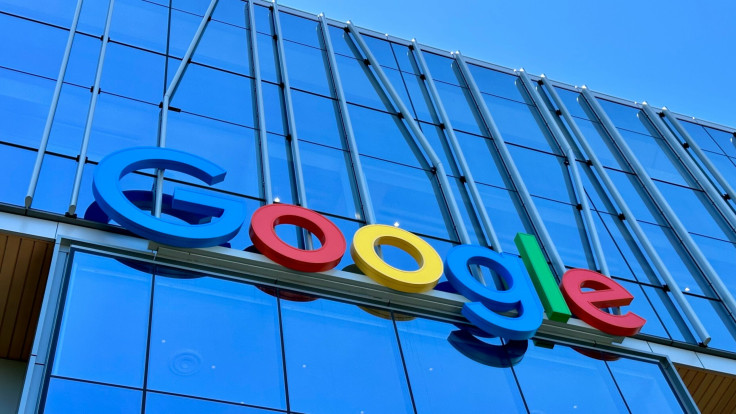Court Rules Google Can Keep Chrome But Must End Exclusive Search Deals With Apple and Others
A Washington DC judge ruled Google can keep its Chrome browser but must end exclusive search deals, share data with rivals and limit future contracts in the biggest antitrust case against a tech firm in decades.

Google has won a major reprieve in its antitrust battle, with a Washington DC judge ruling that the tech giant will not be forced to sell its Chrome browser.
The decision, handed down Tuesday, spares Google from a drastic breakup while still imposing sweeping restrictions designed to curb its dominance in online search.
While Chrome remains under Google's control, the company must dismantle its exclusive search deals with partners such as Apple, share more data with rivals and accept limits on future contracts.
The ruling attempts a delicate balance, preserving Google's flagship products while prying open the search market to greater competition.
Google Can Keep Chrome, But Here's the Catch
DC District Court Judge Amit Mehta explained why selling Chrome is not the solution. He said divesting Chrome would be 'a poor fit' since it is tied closely to Google's infrastructure. Forcing its sale could lead to product issues and reduce consumer welfare.
However, Google is barred from exclusive contracts that stop rival search engines from appearing on devices or browsers, BBC reported.
Google can still pay partners like Apple for preloading its search, but it can't restrict competitors from getting access.
The court also ordered Google to share some valuable search data with competitors to boost innovation. The remedies have a limited duration of five years instead of the ten years, which DOJ had sought.
Google Considers Ruling a Victory
Google reacted by calling the ruling a partial win. In an official press release, Lee-Anne Mulholland, Google's Vice President of Regulatory Affairs, said the court understood that breaking up Chrome and Android would harm consumers and partners.
However, Google expressed concerns over privacy effects from sharing search data and called for a careful review of the court's mandates.
Despite these concerns, Google said it will keep focusing on building products that users choose and love.
The company views the ruling as recognising the evolving role of AI in how users access information.
DOJ Also Satisfied With the Remedies
The Department of Justice praised the remedies as a step forward. Abigail Slater, Assistant Attorney General, said the ruling restores competition for millions affected by Google's monopoly.
Officials said this lays the groundwork for more relief and praised the public servants and state partners who worked on the case.
The DOJ is continuing to evaluate options and praised the court's emphasis on preventing Google from expanding its dominance into AI. This ruling contrasts with the DOJ's push for a broader breakup but is seen as a significant enforcement action.
Google Can Finally File an Appeal
With this ruling, Google gains the ability to file an appeal on the liability finding of illegal monopoly. The company has hired former US Solicitor General Donald Verrilli Jr. to handle its appeal.
The appeal process could extend the case through 2027 or beyond. Meanwhile, the court's remedies will remain in effect for six years, but might pause if the appeal proceeds. This legal redress offers Google a chance to argue its case again in higher courts, including the Supreme Court.
Google Still Concerned, But Why?
Google expressed worries about the requirements to share search data with competitors. The company warned that such mandates might risk user privacy and hinder investments in developing browser engines like Chromium.
Chrome's leader, Parisa Tabriz, testified that forcing the sale of Chrome could leave users with outdated, less secure browsers. Google argued the DOJ's remedies might stifle innovation and harm consumers and the economy.
The court noted the rapid growth of generative AI tools, saying remedies must stop Google from leveraging monopoly power in AI, adding complexity to the case.
Critics like DuckDuckGo's CEO and advocacy groups have urged stronger action, calling this ruling insufficient.
This landmark ruling marks the biggest antitrust enforcement against a tech firm in decades, shaping how Google and its rivals will compete going forward.
© Copyright IBTimes 2025. All rights reserved.





















